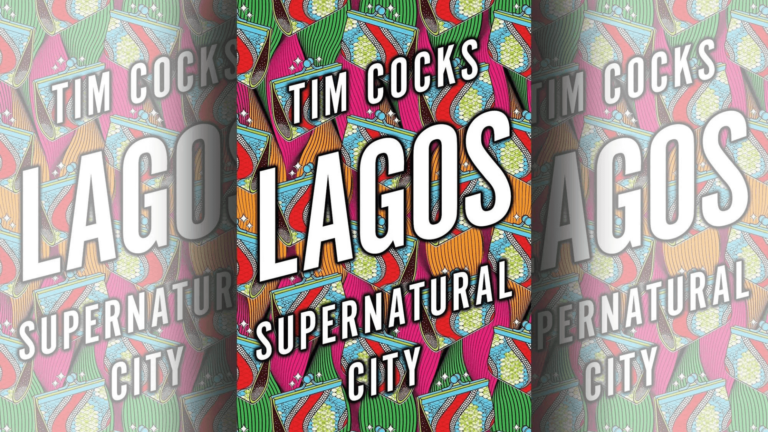The Nigeria LNG Limited (NLNG), the country’s largest gas exporter, has been under force majeure for over 15 months, raising concerns about the challenges faced by Nigeria’s oil and gas sector, and the government’s ability to raise further revenue from the sector. The force majeure, declared due to gas supply constraints caused by high flood water levels in the operational areas of gas suppliers, has led to a decline in NLNG’s output and has constrained the progress on Train 7. The prolonged force majeure coincides with a surge in global demand for liquefied natural gas (LNG), impacting NLNG’s buyers and potential revenues. The shortage of associated gas, resulting from crude oil production decline due to theft, pipeline vandalism, and aging infrastructure, further exacerbates the gas supply issue. In 2022, the company said their input gas supply gap was 37%, from the 3.5bcf required for Train 1 – 6.











